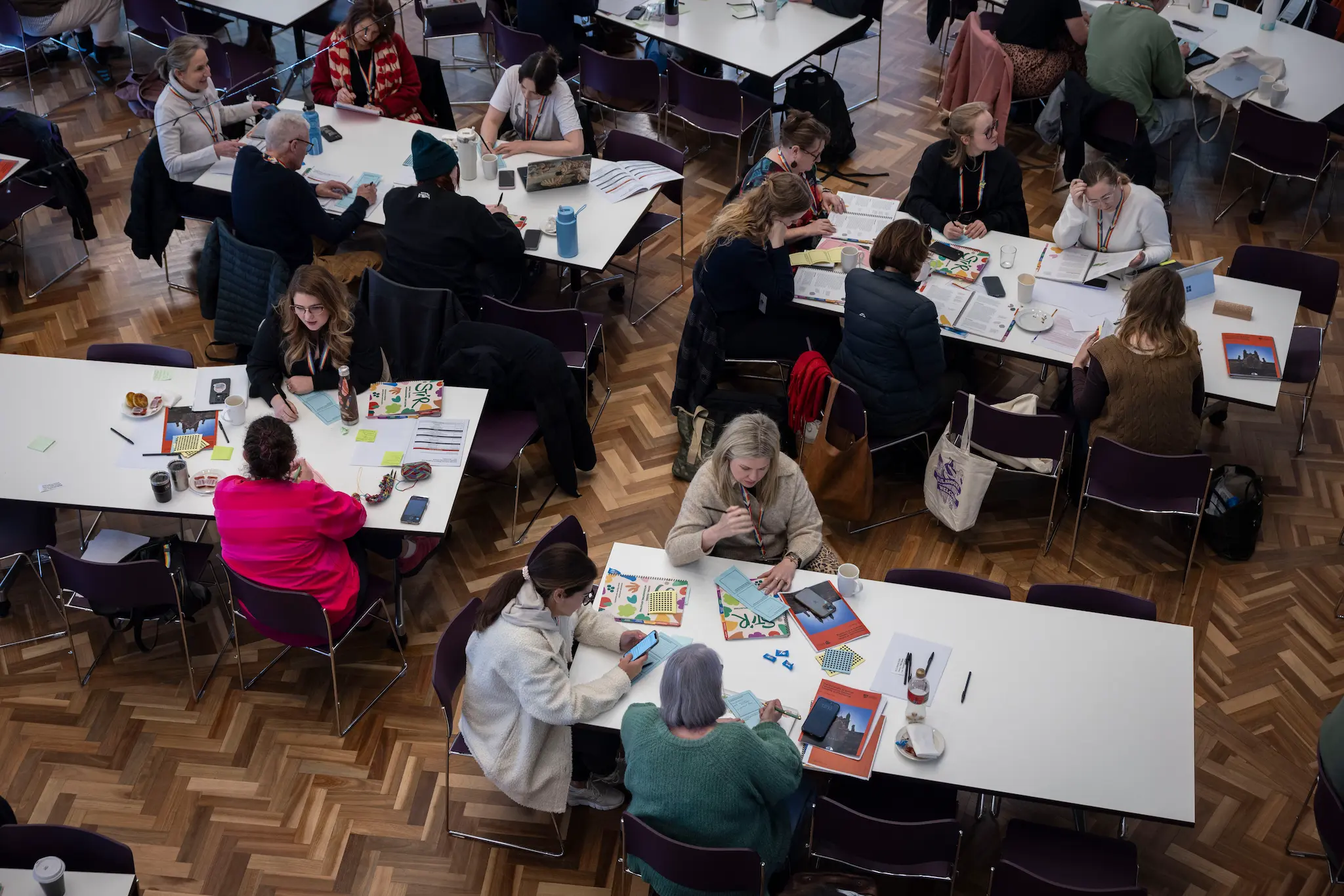This work is licensed under a Creative Commons Attribution-NonCommercial-NoDerivatives 4.0 International License. You may share this material for non-commercial purposes, provided appropriate credit is given. No modifications, adaptations, or derivative works are permitted. For any other use, please seek prior written permission from the University of Sydney. Written and edited by Victoria Rawlings, Lydia Fagan, Premeet Sidhu, Xavier Ho, and Lee Wallace. Cover and wordmark design by Xavier Ho.
STIR (Seeing, Talking, Interrogating, Reflecting) is a collection of classroom activities designed to help teachers and other educators make space for critical conversations about gender and sexuality. Research has shown that activities like the ones described in this resource might be avoided due to a lack of teacher confidence, training, or resourcing. STIR provides materials to fill this gap and is particularly designed for teachers and other educators who are seeking to build on already-established relationships with learners.
Talking about gender and sexuality with young people is critical for their personal, relational, and civic education. Gender and sexuality play an important role in the lives of young people, impacting the subjects they study, the activities they pursue, the clothes they wear, and the opportunities they take up or miss out on. Gendered violence—including sexual harassment, assault, homophobia, transphobia, and misogyny—also plays a role in most young people’s lives. The activities in STIR encourage a guided ‘noticing’ and ‘confronting’ the social and cultural presentations of gender and sexuality. They provide teachers and young people with opportunities to ‘see’, ‘talk’, ‘interrogate’, and ‘reflect’ about the norms that they encounter in their everyday lives. The activities aim to support the queer and questioning students in and around schools and elevate the feelings of belonging among all students as they notice and disrupt the elements of gender and sexuality norms that do not serve them well.
While the activities in STIR focus on gender and sexuality, many of them also provide opportunities to think about other social and cultural factors that can impact a person’s sense of belonging, connection, and overall health. Largely, STIR aims to make space for teachers, educators, and young people to learn about and have critical and deep discussions around the broad ‘lessons’ in their life like who belongs and who is excluded. Many of the activities lean towards practicing social inclusion through conversation, actions, or behaviours, with the aim of giving young people opportunities to reflect on how social marginalisation often happens through casual or common everyday interactions. The STIR activities are a crucial foundation for expanding critical thinking and socially-just ways of navigating this world.
See more at the SQUIGGLE website.






